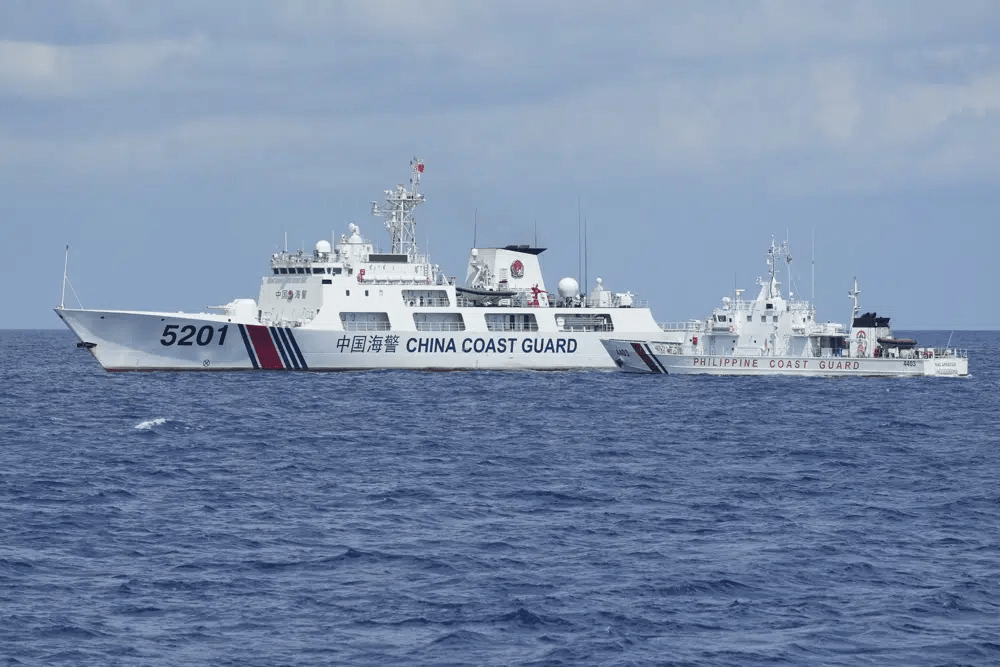In response to complaints from the United States about a Chinese fighter jet’s dangerous interception of an American Air Force reconnaissance aircraft in international airspace over the South China Sea, Beijing has demanded an end to such flights.
The incident heightens military, diplomatic and economic tensions between the two sides over U.S. support for self-governing Taiwan, China’s refusal to engage in dialogue between their armed forces and Beijing’s flying of a suspected spy balloon over the U.S.
Chinese Foreign Ministry Spokesperson, Mao Ning told reporters at a daily briefing on Wednesday, May 31, 2023, that China would keep taking measures it deems necessary to safeguard its sovereignty.
“The U.S. should immediately stop these dangerous provocations,” Mao said.
On Tuesday, May 30, 2023, The U.S. military complained that a Chinese fighter jet flew aggressively close to a U.S. reconnaissance aircraft over the South China Sea, forcing the American pilot to fly through the turbulent wake.

In a statement, the U.S. Indo-Pacific Command noted that the Chinese J-16 fighter pilot “flew directly in front of the nose of the RC-135,” which was conducting routine operations in international airspace last Friday.
The U.S. Indo-Pacific Command called the Chinese plane’s actions an “unnecessarily aggressive maneuver,” adding to complaints that China’s military has become significantly more aggressive over the past five years, intercepting U.S. aircraft and ships in the region.
In Tuesday’s statement, the Indo-Pacific Command said America will continue to “fly, sail, and operate; safely and responsibly, wherever international law allows,” and expects all other countries to do the same.
China Claims Total Ownership Of South China Sea

China asserts that it owns the South China Sea virtually in its entirety, a claim not recognized internationally and directly challenged by nations along its coast including the Philippines, Vietnam and Malaysia.
With its People’s Liberation Army as the world’s largest standing military, which answers directly to the ruling Communist Party, China frequently challenges military aircraft from the U.S. and its allies in the South and East China Seas, as well as the Taiwan Strait which connects the two.
Such behavior led to a 2001 in-air collision between a Chinese fighter and U.S. Navy surveillance plane in which the Chinese plane was lost and pilot killed.
In a visit to the Indo-Pacific last summer, Gen. Mark Milley, Chairman of the U.S Joint Chiefs of Staff, said the number of intercepts by Chinese aircraft and ships in the Pacific region with U.S. and other partner forces has increased significantly over that time, and the number of unsafe interactions has risen by similar proportions.

Military-to-military contacts between Beijing and Washington have all but evaporated in recent years amid a historic decline in governmental relations, even as trade and personal exchanges remain strong.
Further dampening prospects for a reduction in tensions, China said on Tuesday that its Defense Chief, Gen. Li Shangfu will not meet with U.S. Defense Secretary, Lloyd Austin when the two men attend a security conference in Singapore over the weekend.
China has stated that the U.S. is entirely responsible for the breakdown in communications but has not publicly given a reason.

















